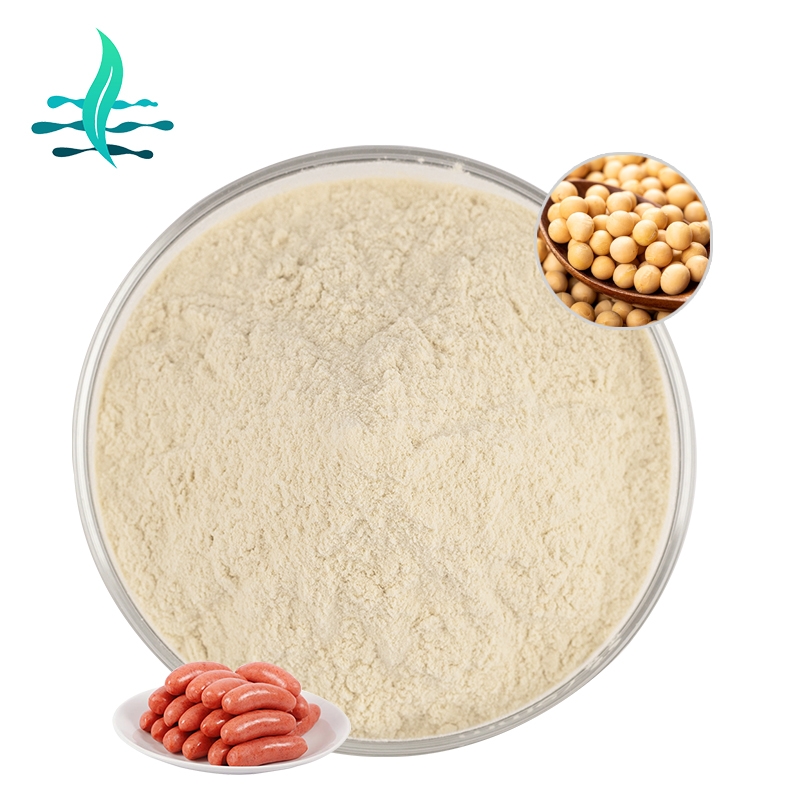-
Categories
-
Pharmaceutical Intermediates
-
Active Pharmaceutical Ingredients
-
Food Additives
- Industrial Coatings
- Agrochemicals
- Dyes and Pigments
- Surfactant
- Flavors and Fragrances
- Chemical Reagents
- Catalyst and Auxiliary
- Natural Products
- Inorganic Chemistry
-
Organic Chemistry
-
Biochemical Engineering
- Analytical Chemistry
- Cosmetic Ingredient
-
Pharmaceutical Intermediates
Promotion
ECHEMI Mall
Wholesale
Weekly Price
Exhibition
News
-
Trade Service
The policy is aimed at securing domestic food supplies for Indonesia, the world's largest palm oil producer and exporter , while causing shocks in the global food oil market .
President Jokowi said that the export ban on edible oil and edible oil raw materials will be enforced until a date to be determined in the future
.
The policy was decided at a meeting on meeting the basic needs of the people, and there is currently a temporary shortage of domestic edible oil supplies in Indonesia
.
.
The policy was decided at a meeting on meeting the basic needs of the people, and there is currently a temporary shortage of domestic edible oil supplies in Indonesia
.
Indonesia's new palm oil export ban, Indonesian Finance Minister Sri Mulyani Indrawati said in a media interview on the sidelines of the International Monetary Fund and World Bank spring meetings, Reuters reported.
Or harm the interests of other countries, but in order to reduce the price of edible oil in Indonesia, which has soared due to the conflict between Russia and Ukraine, this approach is necessary
.
Or harm the interests of other countries, but in order to reduce the price of edible oil in Indonesia, which has soared due to the conflict between Russia and Ukraine, this approach is necessary
.
She said the export ban announced on the 22nd was "one of the toughest steps" the government could take after previous measures failed to stabilize domestic prices amid a shortage of supply
.
In terms of global supply, "We knew it wouldn't be the best outcome: if we didn't export, it would definitely hit other countries
.
"
.
In terms of global supply, "We knew it wouldn't be the best outcome: if we didn't export, it would definitely hit other countries
.
"
Indonesia is the world's largest palm oil producer, accounting for more than half of global supplies
.
Palm oil is often used to produce edible oils, processed foods and even commodities such as cosmetics and biofuels
.
China and India are major importers of Indonesian palm oil
.
.
Palm oil is often used to produce edible oils, processed foods and even commodities such as cosmetics and biofuels
.
China and India are major importers of Indonesian palm oil
.
Indonesia's new policy has caused shocks in the global food and oil market
.
U.
S.
Chicago Board of Trade (CBOT) soybean oil futures rose more than 3% to a record high of 84 cents per pound on the 22nd
.
On April 22, after the opening of China's futures night trading, palm oil rose more than 2.
8%, soybean oil rose 2.
7%, and rapeseed oil rose 1.
75%
.
.
U.
S.
Chicago Board of Trade (CBOT) soybean oil futures rose more than 3% to a record high of 84 cents per pound on the 22nd
.
On April 22, after the opening of China's futures night trading, palm oil rose more than 2.
8%, soybean oil rose 2.
7%, and rapeseed oil rose 1.
75%
.
Recently, international edible oil prices have risen sharply
.
According to data released by the Food and Agriculture Organization of the United Nations on April 8, the vegetable oil price index increased by 23.
2% month-on-month in March, due to rising sunflower oil quotations, and Ukraine is the world's major sunflower oil exporter
.
According to the market operation monitoring system of the Ministry of Commerce of China, from April 11 to 17, the wholesale prices of soybean oil, rapeseed oil and peanut oil in China's edible agricultural product market rose by 0.
7%, 0.
7% and 0.
1% respectively
.
.
According to data released by the Food and Agriculture Organization of the United Nations on April 8, the vegetable oil price index increased by 23.
2% month-on-month in March, due to rising sunflower oil quotations, and Ukraine is the world's major sunflower oil exporter
.
According to the market operation monitoring system of the Ministry of Commerce of China, from April 11 to 17, the wholesale prices of soybean oil, rapeseed oil and peanut oil in China's edible agricultural product market rose by 0.
7%, 0.
7% and 0.
1% respectively
.







